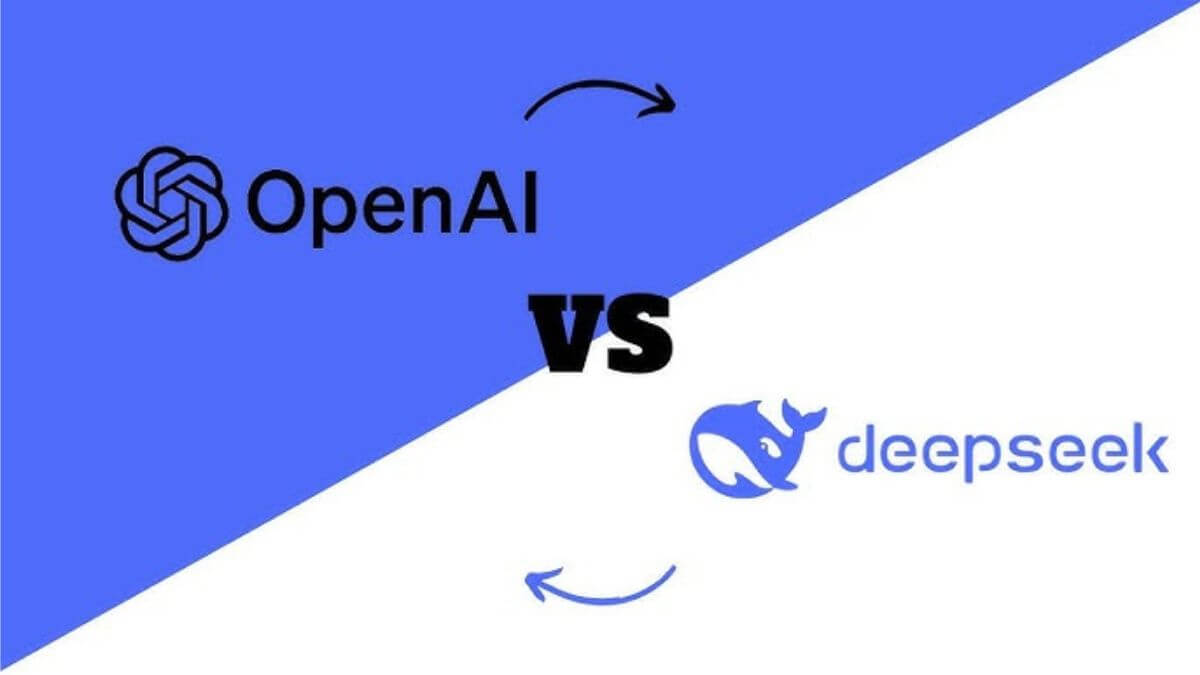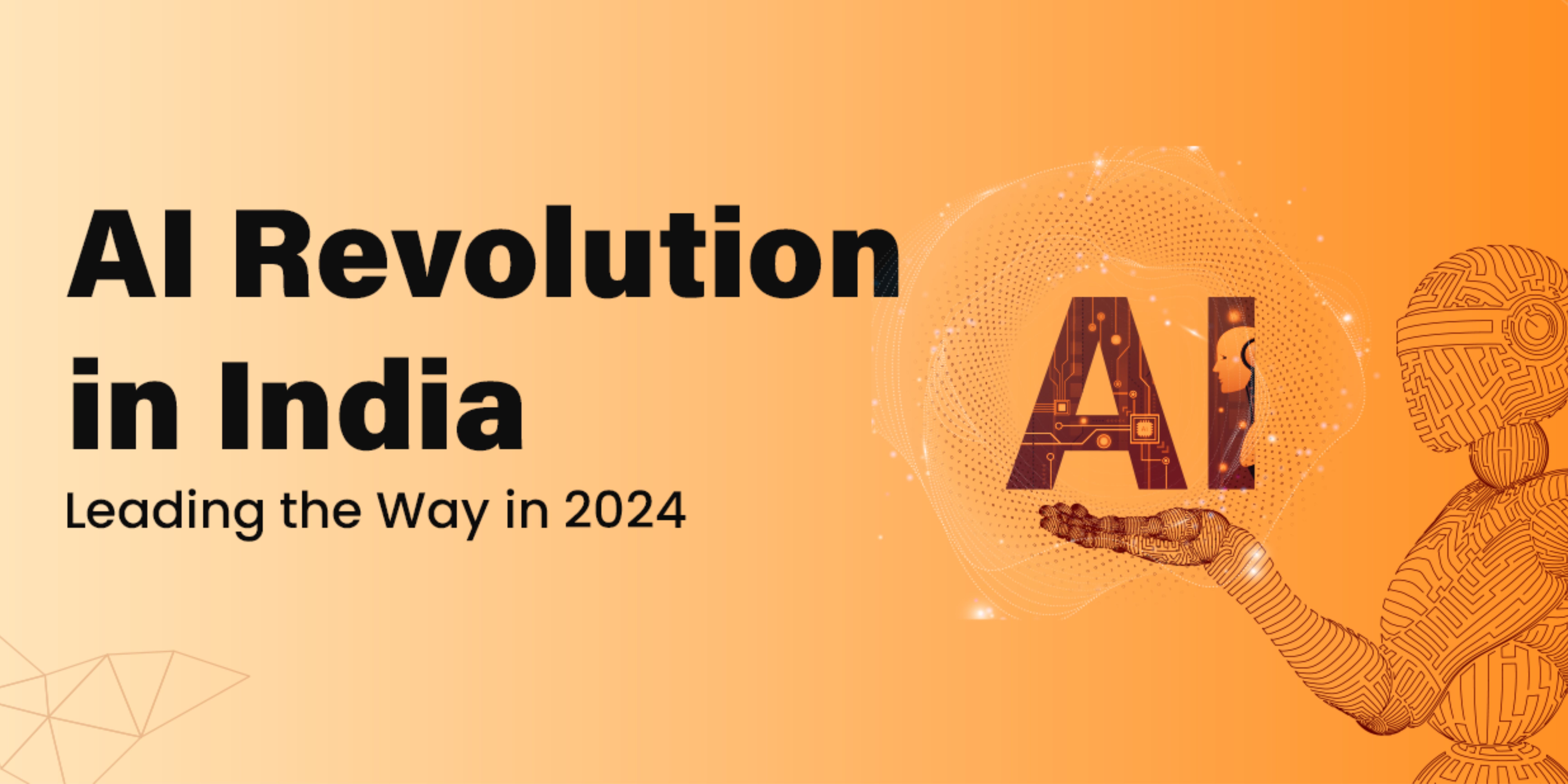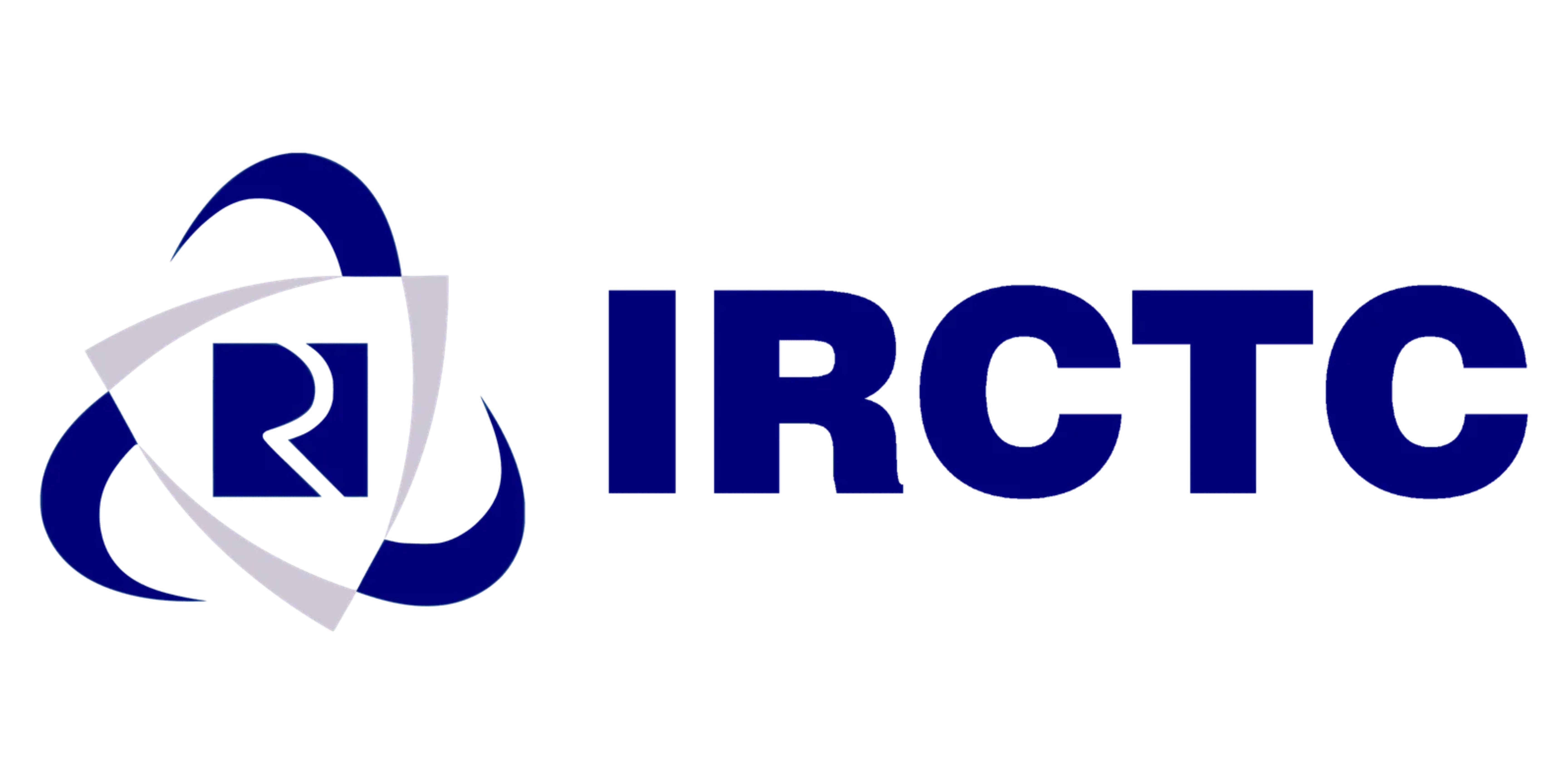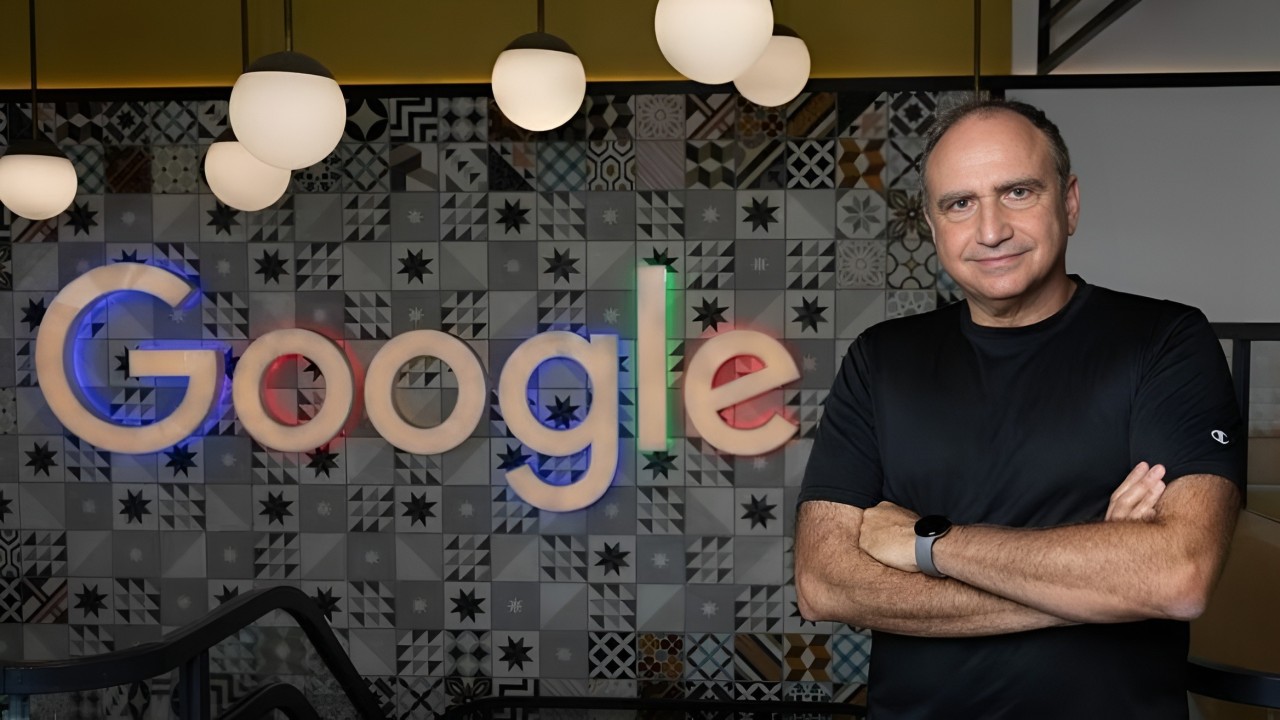Home / trending / DeepSeek vs. ChatGPT: Key Differences and Which One Fits Your Needs?
DeepSeek vs. ChatGPT: Key Differences and Which One Fits Your Needs?
By: My India Times
18 minutes read 230Updated At: 2025-01-30

Artificial Intelligence (AI) has revolutionized the way we interact with technology, and conversational AI models like DeepSeek and ChatGPT are at the forefront of this transformation. While both are designed to assist users in generating human-like text, they differ in their architecture, use cases, and capabilities. In this article, we’ll explore the key differences between DeepSeek and ChatGPT, helping you decide which tool is best suited for your needs. We’ll also incorporate high-search-volume keywords like “AI tools,” “natural language processing,” and “conversational AI” to ensure this content is both informative and SEO-friendly.
What is DeepSeek?
DeepSeek is an advanced AI-powered platform designed for specific industries, such as healthcare, finance, and customer support. It focuses on delivering highly accurate, domain-specific responses by leveraging deep learning and natural language processing (NLP). DeepSeek is known for its ability to analyze complex data sets and provide actionable insights, making it a valuable tool for businesses that require precision and expertise.
What is ChatGPT?
ChatGPT, developed by OpenAI, is a general-purpose conversational AI model built on the GPT (Generative Pre-trained Transformer) architecture. It excels in generating human-like text for a wide range of applications, including content creation, coding assistance, and casual conversation. ChatGPT is widely recognized for its versatility and user-friendly interface, making it accessible to both individuals and businesses.
Key Differences Between DeepSeek and ChatGPT
Purpose and Use Cases
DeepSeek: Tailored for industry-specific applications, DeepSeek is ideal for businesses that need specialized knowledge. For example, it can assist doctors in diagnosing medical conditions or help financial analysts interpret market trends.
ChatGPT: Designed for general-purpose use, ChatGPT is suitable for a broad range of tasks, from writing blog posts to answering trivia questions. Its flexibility makes it a popular choice for casual users and content creators.
Accuracy and Expertise
DeepSeek: Excels in delivering highly accurate, domain-specific information. Its training data is often curated to include industry-specific knowledge, ensuring reliable outputs.
ChatGPT: While highly capable, ChatGPT may occasionally generate inaccurate or generic responses, especially when dealing with niche topics. However, its continuous updates and improvements have significantly enhanced its accuracy over time.
Customization and Integration
DeepSeek: Offers extensive customization options, allowing businesses to integrate the AI into their existing workflows. This makes it a powerful tool for enterprises with specific requirements.
ChatGPT: Provides a more plug-and-play experience, with limited customization options. However, OpenAI’s API allows developers to integrate ChatGPT into various applications, expanding its functionality.
User Interface and Accessibility
DeepSeek: Often requires technical expertise to set up and use effectively. Its interface is designed for professionals who need advanced features and analytics.
ChatGPT: Features a simple, intuitive interface that is easy for anyone to use. Whether you’re a student, writer, or business owner, ChatGPT requires no prior technical knowledge.
Cost and Availability
DeepSeek: Typically offered as a premium service, DeepSeek’s pricing reflects its specialized capabilities. It is often used by large organizations that can afford its advanced features.
ChatGPT: Available in both free and paid versions (ChatGPT Plus), making it accessible to a wider audience. The free version is ideal for casual users, while the paid version offers additional benefits like faster response times and priority access.
Logistical Details: DeepSeek and ChatGPT
When it comes to logistical details, both DeepSeek and ChatGPT have distinct advantages and limitations:
DeepSeek:
Deployment: Requires integration into existing systems, often involving IT support.
Training Data: Uses industry-specific datasets to ensure high accuracy in specialized fields.
Scalability: Best suited for medium to large enterprises with dedicated resources for AI implementation.
ChatGPT:
Deployment: Easy to use via web interface or API, requiring minimal setup.
Training Data: Trained on a diverse range of publicly available texts, making it versatile but less specialized.
Scalability: Suitable for individuals, small businesses, and large enterprises alike, thanks to its flexible pricing and accessibility.
Which One Should You Choose?
The choice between DeepSeek and ChatGPT depends on your specific needs:
Choose DeepSeek if you require a highly specialized AI tool for industry-specific tasks. Its accuracy and customization options make it a top choice for businesses in healthcare, finance, and other technical fields.
Choose ChatGPT if you need a versatile, user-friendly AI for general-purpose tasks. Whether you’re writing content, brainstorming ideas, or seeking casual conversation, ChatGPT is a reliable and accessible option.
Conclusion
Both DeepSeek and ChatGPT are powerful AI tools, but they cater to different audiences and use cases. DeepSeek shines in specialized, data-driven industries, while ChatGPT offers unmatched versatility for everyday tasks. By understanding their key differences and logistical details, you can make an informed decision and leverage the right AI tool to meet your goals.
As AI continues to evolve, tools like DeepSeek and ChatGPT will play an increasingly important role in shaping the future of work and communication. Whether you’re a business professional, content creator, or casual user, these AI models offer endless possibilities for innovation and productivity.
....Artificial Intelligence (AI) has revolutionized the way we interact with technology, and conversational AI models like DeepSeek and ChatGPT are at the forefront of this transformation. While both are designed to assist users in generating human-like text, they differ in their architecture, use cases, and capabilities. In this article, we’ll explore the key differences between DeepSeek and ChatGPT, helping you decide which tool is best suited for your needs. We’ll also incorporate high-search-volume keywords like “AI tools,” “natural language processing,” and “conversational AI” to ensure this content is both informative and SEO-friendly.
What is DeepSeek?
DeepSeek is an advanced AI-powered platform designed for specific industries, such as healthcare, finance, and customer support. It focuses on delivering highly accurate, domain-specific responses by leveraging deep learning and natural language processing (NLP). DeepSeek is known for its ability to analyze complex data sets and provide actionable insights, making it a valuable tool for businesses that require precision and expertise.
What is ChatGPT?
ChatGPT, developed by OpenAI, is a general-purpose conversational AI model built on the GPT (Generative Pre-trained Transformer) architecture. It excels in generating human-like text for a wide range of applications, including content creation, coding assistance, and casual conversation. ChatGPT is widely recognized for its versatility and user-friendly interface, making it accessible to both individuals and businesses.
Key Differences Between DeepSeek and ChatGPT
Purpose and Use Cases
DeepSeek: Tailored for industry-specific applications, DeepSeek is ideal for businesses that need specialized knowledge. For example, it can assist doctors in diagnosing medical conditions or help financial analysts interpret market trends.
ChatGPT: Designed for general-purpose use, ChatGPT is suitable for a broad range of tasks, from writing blog posts to answering trivia questions. Its flexibility makes it a popular choice for casual users and content creators.
Accuracy and Expertise
DeepSeek: Excels in delivering highly accurate, domain-specific information. Its training data is often curated to include industry-specific knowledge, ensuring reliable outputs.
ChatGPT: While highly capable, ChatGPT may occasionally generate inaccurate or generic responses, especially when dealing with niche topics. However, its continuous updates and improvements have significantly enhanced its accuracy over time.
Customization and Integration
DeepSeek: Offers extensive customization options, allowing businesses to integrate the AI into their existing workflows. This makes it a powerful tool for enterprises with specific requirements.
ChatGPT: Provides a more plug-and-play experience, with limited customization options. However, OpenAI’s API allows developers to integrate ChatGPT into various applications, expanding its functionality.
User Interface and Accessibility
DeepSeek: Often requires technical expertise to set up and use effectively. Its interface is designed for professionals who need advanced features and analytics.
ChatGPT: Features a simple, intuitive interface that is easy for anyone to use. Whether you’re a student, writer, or business owner, ChatGPT requires no prior technical knowledge.
Cost and Availability
DeepSeek: Typically offered as a premium service, DeepSeek’s pricing reflects its specialized capabilities. It is often used by large organizations that can afford its advanced features.
ChatGPT: Available in both free and paid versions (ChatGPT Plus), making it accessible to a wider audience. The free version is ideal for casual users, while the paid version offers additional benefits like faster response times and priority access.
Logistical Details: DeepSeek and ChatGPT
When it comes to logistical details, both DeepSeek and ChatGPT have distinct advantages and limitations:
DeepSeek:
Deployment: Requires integration into existing systems, often involving IT support.
Training Data: Uses industry-specific datasets to ensure high accuracy in specialized fields.
Scalability: Best suited for medium to large enterprises with dedicated resources for AI implementation.
ChatGPT:
Deployment: Easy to use via web interface or API, requiring minimal setup.
Training Data: Trained on a diverse range of publicly available texts, making it versatile but less specialized.
Scalability: Suitable for individuals, small businesses, and large enterprises alike, thanks to its flexible pricing and accessibility.
Which One Should You Choose?
The choice between DeepSeek and ChatGPT depends on your specific needs:
Choose DeepSeek if you require a highly specialized AI tool for industry-specific tasks. Its accuracy and customization options make it a top choice for businesses in healthcare, finance, and other technical fields.
Choose ChatGPT if you need a versatile, user-friendly AI for general-purpose tasks. Whether you’re writing content, brainstorming ideas, or seeking casual conversation, ChatGPT is a reliable and accessible option.
Conclusion
Both DeepSeek and ChatGPT are powerful AI tools, but they cater to different audiences and use cases. DeepSeek shines in specialized, data-driven industries, while ChatGPT offers unmatched versatility for everyday tasks. By understanding their key differences and logistical details, you can make an informed decision and leverage the right AI tool to meet your goals.
As AI continues to evolve, tools like DeepSeek and ChatGPT will play an increasingly important role in shaping the future of work and communication. Whether you’re a business professional, content creator, or casual user, these AI models offer endless possibilities for innovation and productivity.
By: My India Times
Updated At: 2025-01-30
Tags: trending News | My India Times News | Trending News | Travel News
Join our WhatsApp Channel

Similiar News

US Supreme Court Rejects 26/11 Accused Tahawwur Rana’s Plea to Block Extradition to India
2025-03-08
































































.jfif)









.jpg)



































































































.png)
 (1).png)























